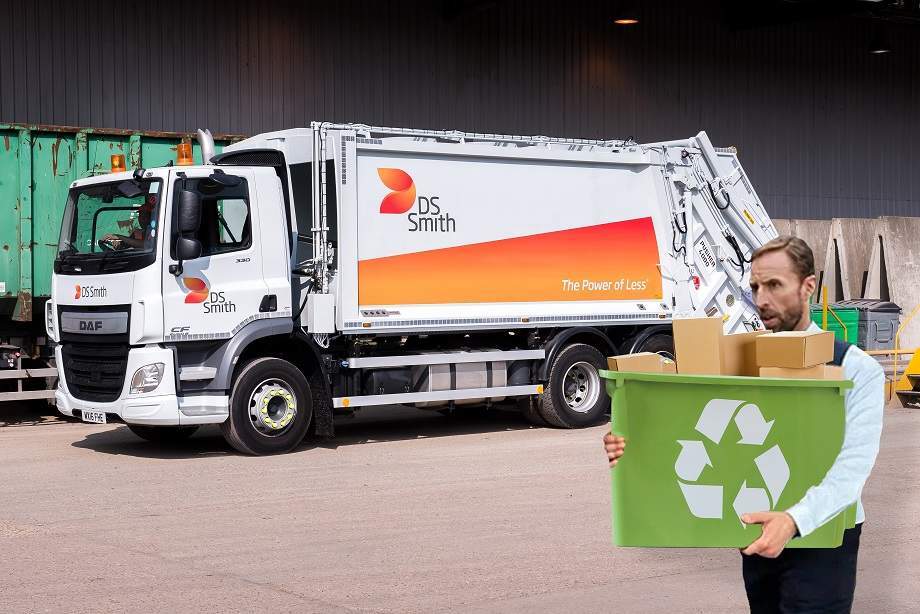UK-based DS Smith has pledged to manufacture 100% reusable or recyclable packaging by 2025 and grow its net positive recycling position.

Image: DS Smith publishes annual sustainability review - setting nine targets across packaging, plastics, recycling and paper divisions. Photo: courtesy of DS Smith.
The packaging giant has released its sustainability review, setting itself nine long-term targets across packaging, plastics, recycling and paper divisions.
The company plans to use 100% recycled or chain of custody certified papers by 2020.
DS Smith group chief executive Miles Roberts said innovative packaging has a key role to play in helping to address several global sustainability challenges – ensuring more efficient use of resources, optimizing last-mile delivery in increasingly urbanized societies and reducing food and product waste as populations grow.
DS Smith said it is redefining plastics packaging for a changing world by prioritizing reusability, reparability, recyclability and the collection of recyclable plastics. Valuable plastics must be avoided from reaching landfills and oceans.
In its sustainability review report, the company highlighted progress against existing targets and commitments. It said 71% of the commitments have been achieved and 24% are ongoing or behind schedule.
Several achievements in the last 12 months include 95% certification across all the company’s in-scope sites within packaging and paper divisions.
More than 60% of the company’s waste is sent for recycling and developing innovations such as BedKind and Beaulex to transform waste into a resource.
The company said its designs for plastic packaging prioritizes reusability through products that last up to 30 years, repairability via modular packaging and recyclability through its mobile regrinding units and single-polymer rigid packaging.
Roberts said: “More needs to be done to ensure that the positive role of good, sustainable packaging is not forgotten. With increasing scrutiny of the role of packaging, we all need to do more to help tackle some of the challenges associated with ‘bad packaging’ by working within our industry, with government, local authorities, brand owners, retailers, recyclers, reprocessors and consumers.”
For the plastics division, the company plans to reduce material complexity to single polymers for better quality and 100% product recyclability.
